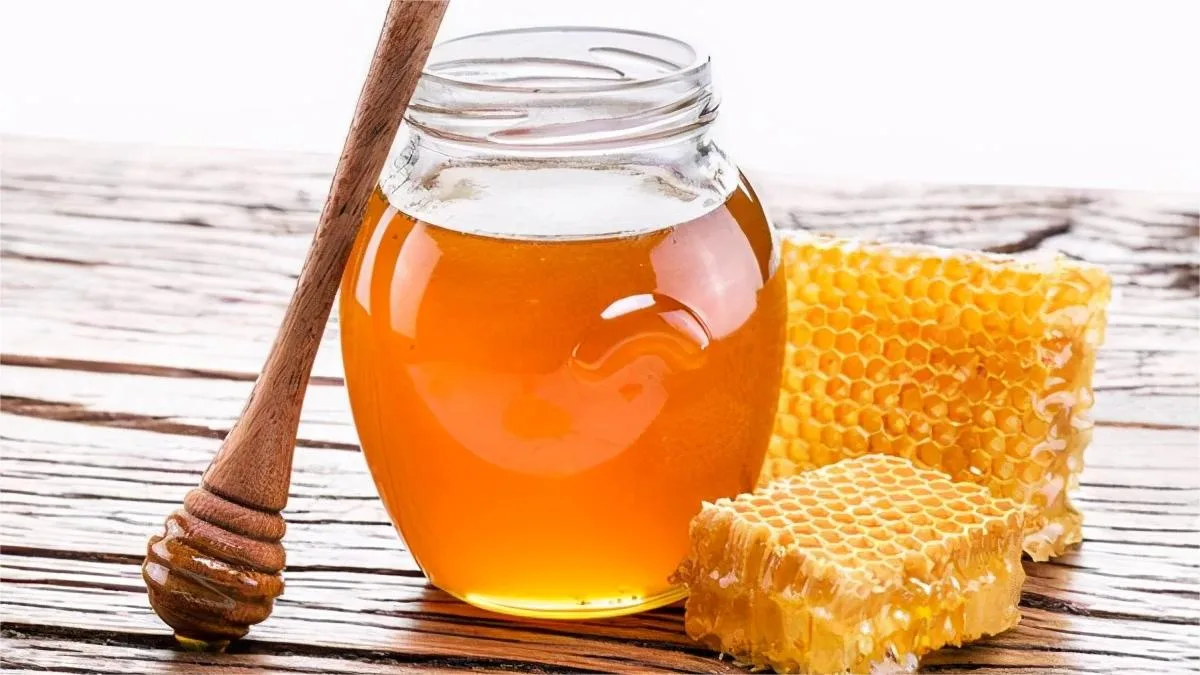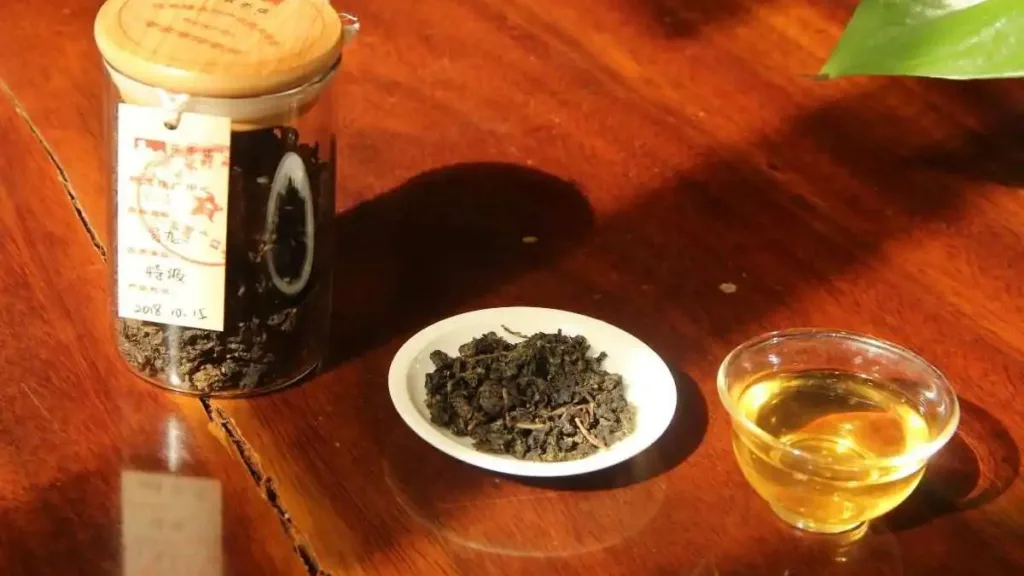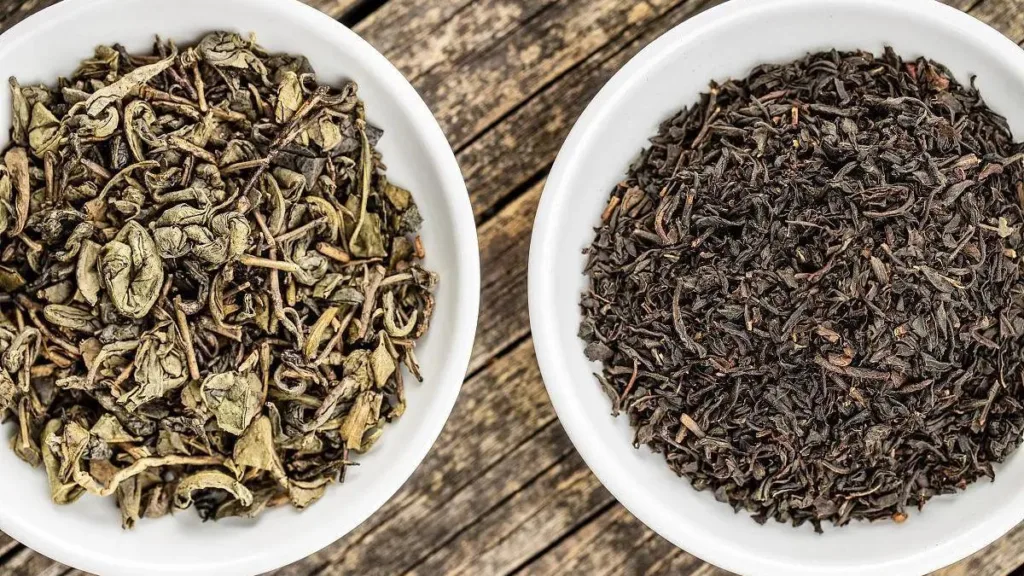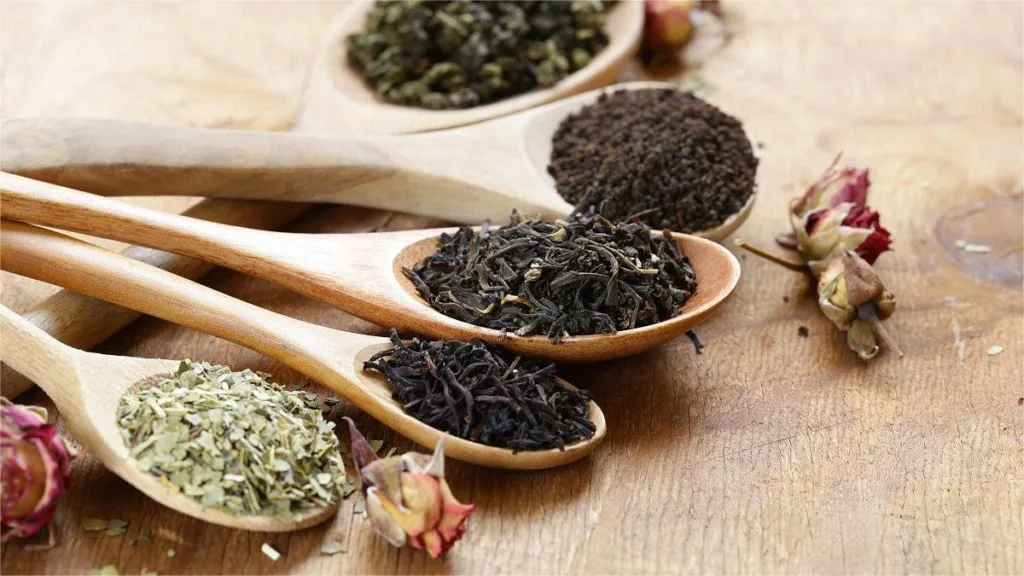Sweetening Chinese teas is a practice that varies widely and is often a matter of personal preference. The world of Chinese teas is diverse, ranging from delicate green teas to robust black teas, and each type offers a unique flavor profile. Whether or not to sweeten these teas depends on the type of tea and individual taste preferences. Let’s explore the nuances of sweetening Chinese teas in the English context.
In traditional Chinese tea culture, the emphasis is on the natural flavors of the tea leaves, with minimal interference from additives like sugar or honey. This approach allows tea enthusiasts to appreciate the subtle notes and complexities inherent in each tea variety. Green teas, such as Longjing and Dragon Well, are especially prized for their fresh and vegetal notes, and many purists argue that adding sweetness masks these delicate flavors.
However, the practice of sweetening Chinese teas has gained popularity, especially in Western cultures where sweetness is often associated with comfort and enjoyment. Sweetening can enhance the overall tea-drinking experience for those who find the natural bitterness or astringency of certain teas less palatable. For example, oolong teas, with their diverse range of flavors, can be complemented by a touch of sweetness to balance the complexity.
One common method of sweetening Chinese teas is to add rock sugar or honey. Rock sugar, with its subtle sweetness and slow dissolving properties, is a popular choice as it allows the drinker to control the level of sweetness gradually. Honey, with its distinct floral or herbal notes, can add depth to the tea’s flavor profile. It’s essential to experiment with different sweeteners to find the perfect balance that suits individual taste preferences.
When sweetening Chinese teas, it’s crucial to consider the tea’s temperature. Some teas, like delicate green teas, are best enjoyed at lower temperatures to preserve their nuanced flavors. Adding sugar or honey to these teas should be done when the liquid is warm enough to dissolve the sweetener effectively but not so hot that it interferes with the tea’s delicate taste.
It’s worth noting that certain Chinese teas are traditionally enjoyed with sweet accompaniments. For instance, dim sum or other sweet treats are often served alongside strong black teas like Puerh or Lapsang Souchong. The pairing of sweet and savory can create a harmonious balance that enhances the overall tea experience.
Ultimately, sweetening Chinese teas is a personal choice, and there’s no one-size-fits-all approach. Some tea enthusiasts prefer the purity of the tea’s natural flavors, while others enjoy the added dimension that sweetness brings. Whether you choose to sweeten your Chinese tea or not, the key is to savor the rich tapestry of flavors that Chinese teas offer, appreciating the cultural and historical significance that each cup brings to the tea-drinking ritual.



